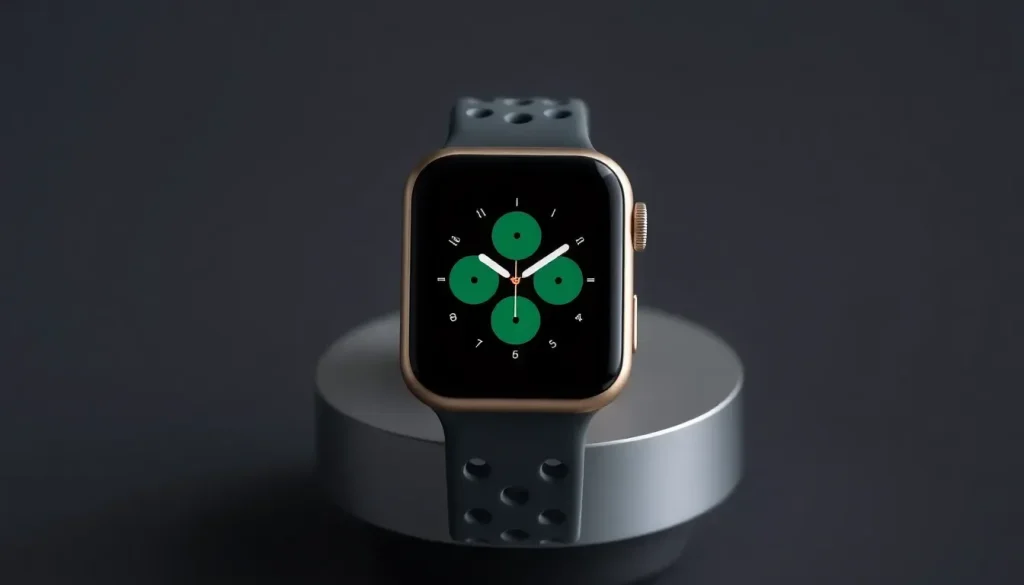Apple Watch and Mac Mini no longer carbon neutral explained

In recent years, the conversation around sustainability and carbon neutrality has gained significant momentum, particularly within the tech industry. As consumers become increasingly aware of their environmental impact, major corporations like Apple are under pressure to demonstrate their commitment to eco-friendly practices. One of the most notable claims from Apple was the announcement regarding the carbon neutrality of their Apple Watch and Mac Mini products. However, this claim has recently been altered, raising questions about the implications for the company's environmental policies.
In this article, we will explore the reasons behind Apple's shift in marketing strategy concerning the carbon neutrality of its products, the broader implications for the tech industry, and what it means for consumers who are looking to make environmentally conscious purchases.
The initial claim of carbon neutrality
With the launch of the Apple Watch Series 9, Apple made a significant announcement regarding its commitment to sustainability, proclaiming that the device was a carbon-neutral product. This assertion stemmed from an impressive reduction of approximately 80% in emissions associated with the production and lifecycle of the watch. To address the remaining emissions, Apple implemented a strategy that included high-quality carbon offsets.
Similarly, the new Mac Mini was also touted under the banner of carbon neutrality. This campaign resonated with environmentally conscious consumers and positioned Apple as a leader in sustainable technology. However, the excitement surrounding these claims has recently diminished due to changes in how Apple presents its products to the public.
Why the change in marketing?
As of now, Apple has decided to stop advertising both the Apple Watch and the Mac Mini as carbon neutral. This shift is not indicative of a change in the company's commitment to sustainability; rather, it reflects a new regulatory landscape. In September 2026, a law enacted by the European Union will restrict the usage of terms like "carbon neutral" in product marketing.
This law aims to create a standardized definition of carbon neutrality across industries, preventing companies from using the term in varied or potentially misleading ways. EU regulators have opted for a stringent approach, which means that even products that may be completely carbon neutral cannot claim that status in their marketing.
Global implications of the EU law
The implications of this new EU regulation extend beyond Apple and will likely affect numerous companies across various sectors. Some key aspects include:
- Standardization of definitions: Companies will need to adhere to a unified definition of carbon neutrality, reducing ambiguity.
- Enhanced scrutiny: Brands will face increased scrutiny regarding their environmental claims, necessitating robust evidence to support any sustainability assertions.
- Impact on marketing strategies: Firms may need to rethink how they communicate their environmental efforts, focusing on transparency rather than catchy slogans.
Apple's ongoing commitment to sustainability
While Apple may no longer advertise its products as carbon neutral, the company remains steadfast in its commitment to reducing emissions. For example, the Apple Watch Series 11 has shown a decrease in net emissions compared to its predecessor, the Series 10, with 8.1 kg of emissions compared to 8.3 kg, respectively.
Apple is still on track to achieve carbon neutrality across its entire supply chain by the year 2030. This ambitious goal reflects the company's long-term vision and responsibility towards the environment. Some of the initiatives that support this commitment include:
- Renewable energy sourcing: Transitioning to 100% renewable energy in its facilities and supply chain.
- Innovative materials: Utilizing recycled and low-carbon materials in product designs.
- Investment in carbon offset projects: Funding projects that absorb carbon from the atmosphere.
Consumer awareness and ethical purchasing
The change in Apple’s marketing strategy presents an opportunity for consumers to reflect on their purchasing decisions. As individuals increasingly prioritize sustainability, understanding the nuances of environmental claims becomes essential. Here are some considerations for consumers:
- Research brand claims: Before purchasing, investigate the company's sustainability practices and whether they are backed by third-party certifications.
- Look for transparency: Brands that openly share their environmental impact data and initiatives are more likely to be genuinely committed to sustainability.
- Support innovation: Choose products that incorporate recycled materials or cutting-edge technology aimed at reducing environmental impact.
The future of carbon neutrality in tech
The conversation surrounding carbon neutrality is evolving, and companies like Apple are at the forefront of this shift. As regulations tighten and consumer expectations rise, the tech industry will need to adapt swiftly. Businesses that can effectively communicate their sustainability efforts while adhering to new regulations will likely gain a competitive advantage in the market.
The implications of Apple’s recent decisions reach far beyond just their product lines. They underscore the importance of clarity and honesty in environmental claims, setting a precedent that could affect how all companies approach sustainability in the future.
For those interested in a deeper understanding of this topic, consider watching this insightful video that discusses Apple's carbon neutrality claims:
The path to sustainability is fraught with challenges, but it is also filled with opportunities for innovation and growth. As consumers, we have the power to support brands that are genuinely committed to making a positive impact on our world.




Leave a Reply